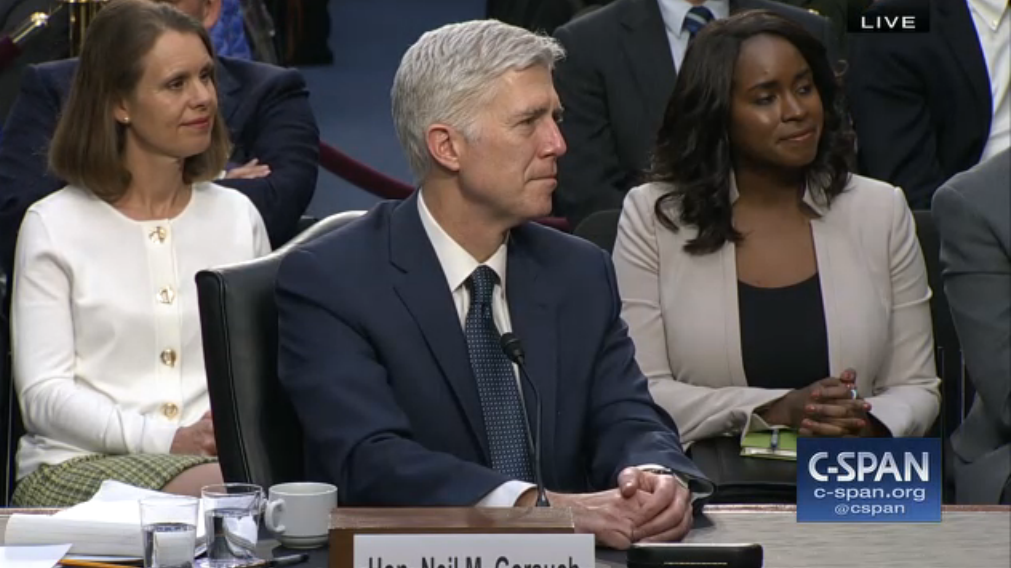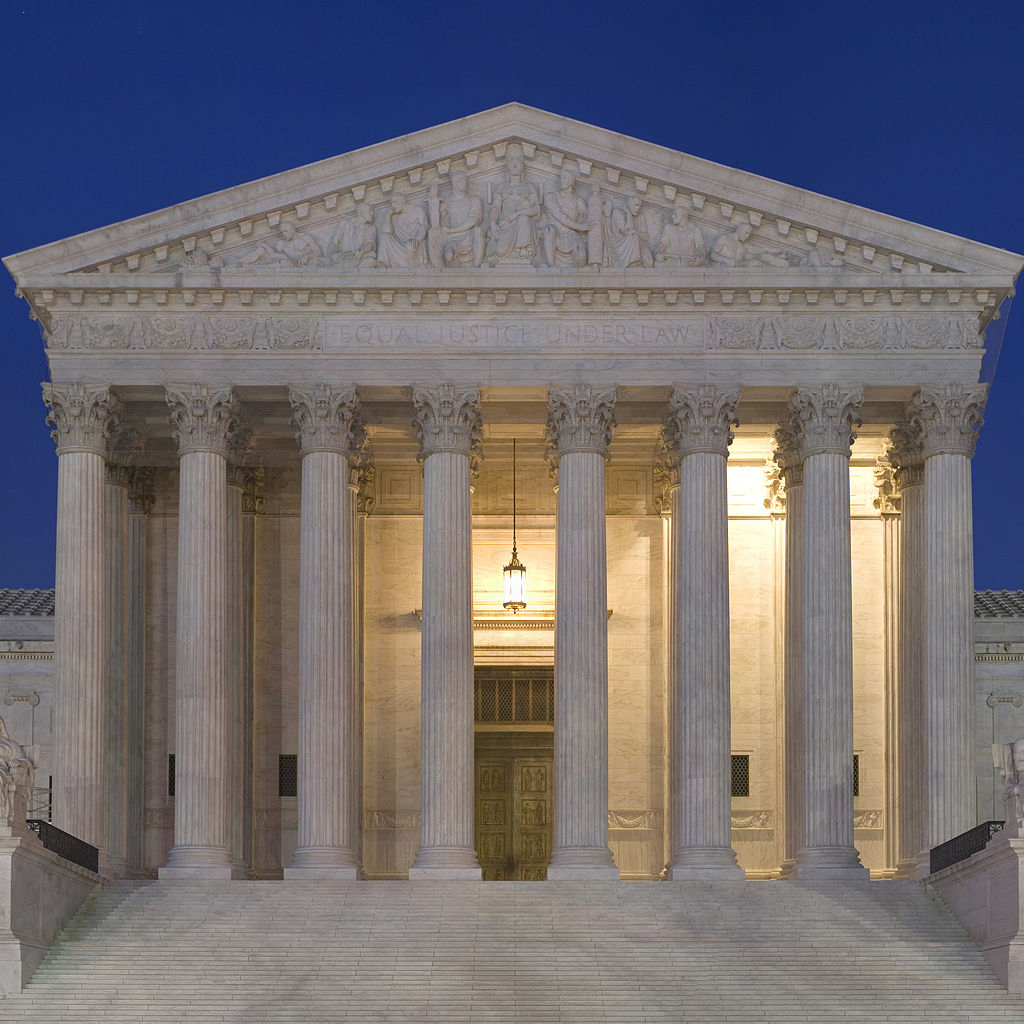Gorsuch’s Views on Chevron Matter for Women and Girls

If you’ve been watching the hearings for Judge Neil Gorsuch this week, you could be forgiven for thinking the Senate Judiciary Committee really cares about gas stations. During its hearings on Judge Gorsuch’s nomination to the Supreme Court, the Committee talked a lot about Chevron deference.
That’s the legal principle whereby the judicial branch defers to agencies’ reasonable interpretations of federal law that could be interpreted in different ways. These interpretations are developed by the experts within an agency, often with input from the public, ensuring that they reflect the most accurate research and the reality of how a law will be enforced. Judge Gorsuch has directly questioned this longstanding Supreme Court precedent. In this regard, Gorsuch shows himself to be more conservative than Justice Scalia, who was a strong proponent of Chevron deference.
Gorsuch’s skepticism of court deference to expert agencies should worry anyone who cares about women and girls’ rights. Many of our most important civil rights protections were given form and force through agency regulations and policies. For example, in 1979 the Department of Education published policy guidance explaining how schools should promote equal athletics opportunities for girls under Title IX. Today, nearly 1.5 million more high school girls participate in sports than they did the year before the guidance. That’s 1.5 million girls with access to the indisputable benefits of school athletics, including better grades, higher graduation rates, healthier bodies and minds, leadership skills, and better career prospects.
One of our favorite stories about the importance of athletics for girls’ academic and professional success comes from Karyn Ridgeway. As a student, Karyn was a star basketball player – and a plaintiff in Ridgeway v. Montana High School Association, one of the first Title IX athletics law suits. Today, Karyn is an emergency medicine doctor. “Basketball prepared me for this,” she wrote during her residence. “It’s like being at the free throw line, needing to make a shot in a crucial game. . . . As a basketball player I trusted that my long hours of practice would pay off . . . . that the shot would go in. Today, I trust that I’ll be ready when a critical case bursts through the door. And I am ready.”
But Neil Gorsuch doesn’t think that judges should defer to agency interpretations like the Department of Education’s reading of Title IX. Nor does he think judges should defer to the expert opinions of the Environmental Protection Agency on how to keep our water clean or the Department of Labor’s judgments on how to protect workers. Judge Gorsuch thinks he knows better than the experts, even when his interpretations of the law hurt average Americans and are the opposite of what Congress wanted.
So while Chevron deference may seem like something obscure that only lawyers could care about, we should all be concerned. Agency regulations protect Americans from discrimination and safety hazards in their workplaces, keep our air and water clean, and allow girls the chance to participate in sports. For this and many other reasons, we can’t afford to let the Senate appoint Gorsuch to the Supreme Court.



